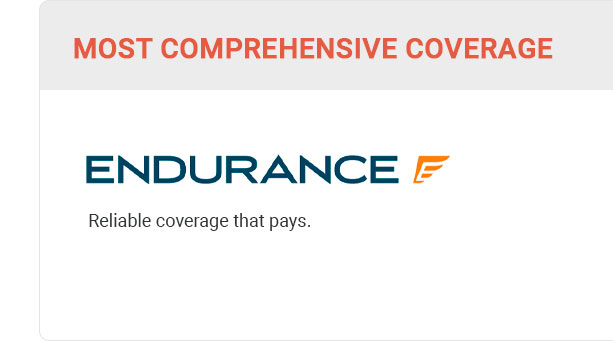 |
 |
 |
 |
 |
 |
 |
 |
 |
 |
|||
 |
 |
|||
 |
 |
|||
 |
 |
|
|||||||
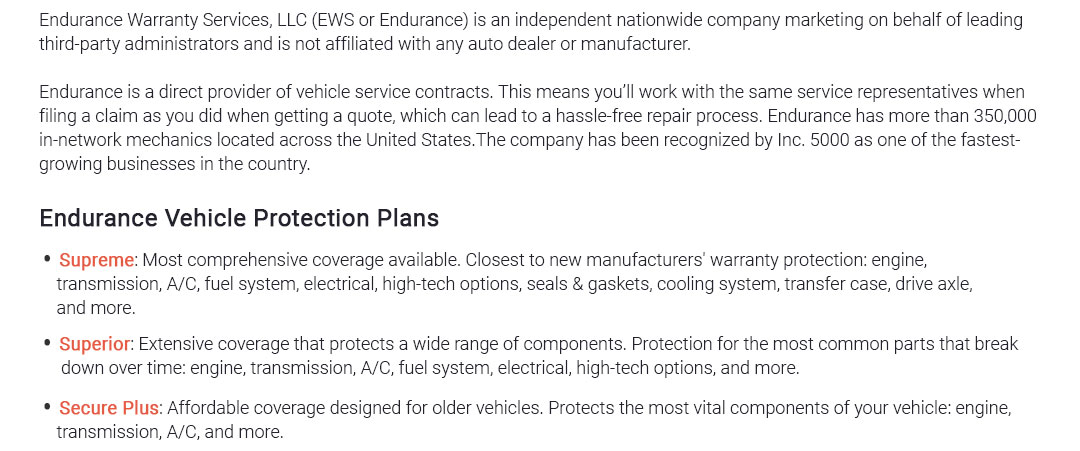 |
|||||||
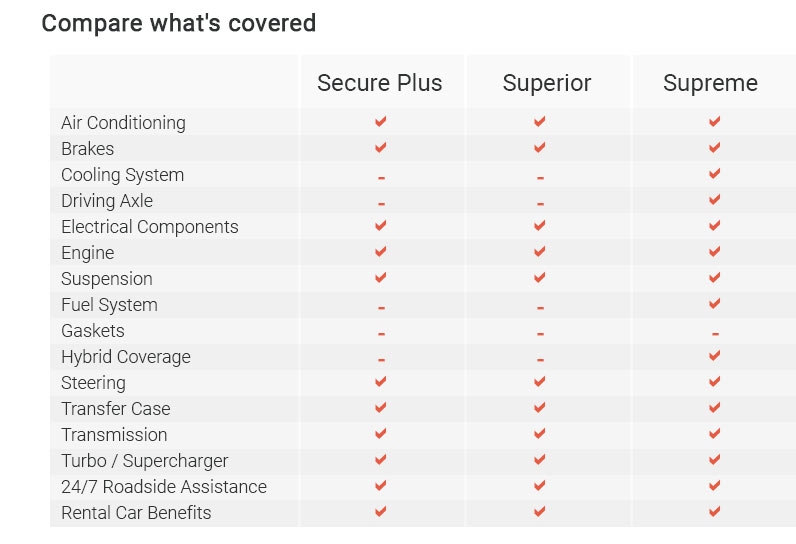 |
|||||||
 |
|||||||
 |
|||||||
|
|||||||
|
||||||
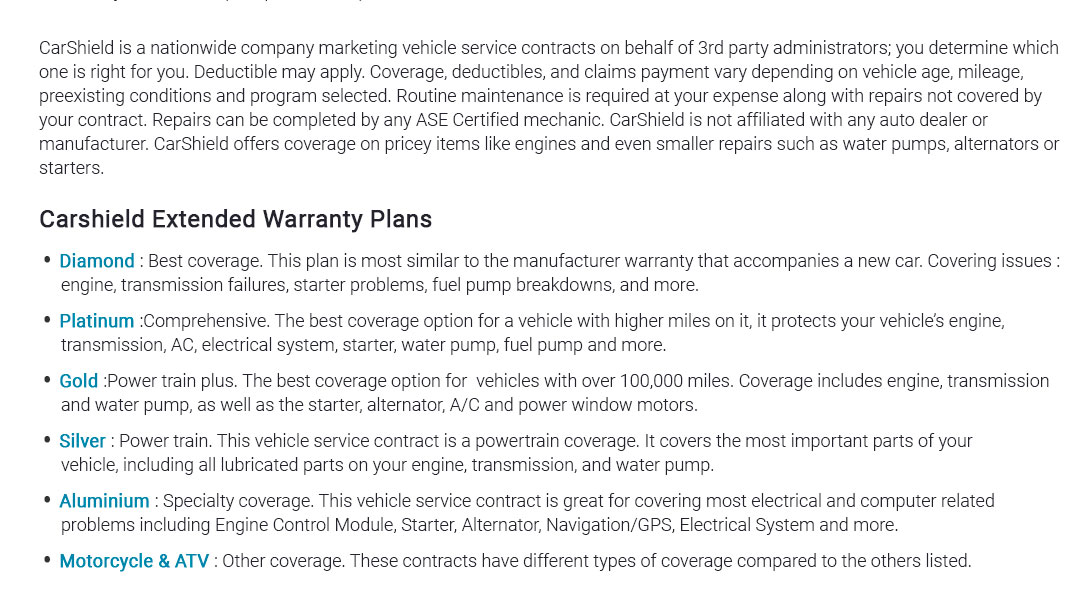 |
||||||
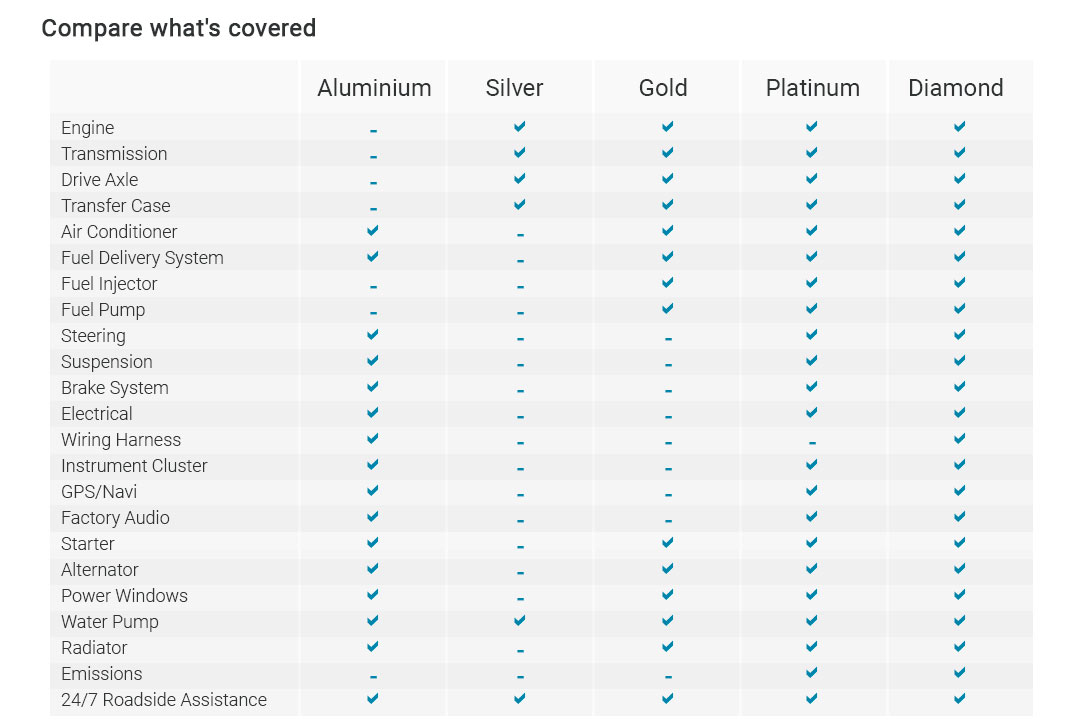 |
||||||
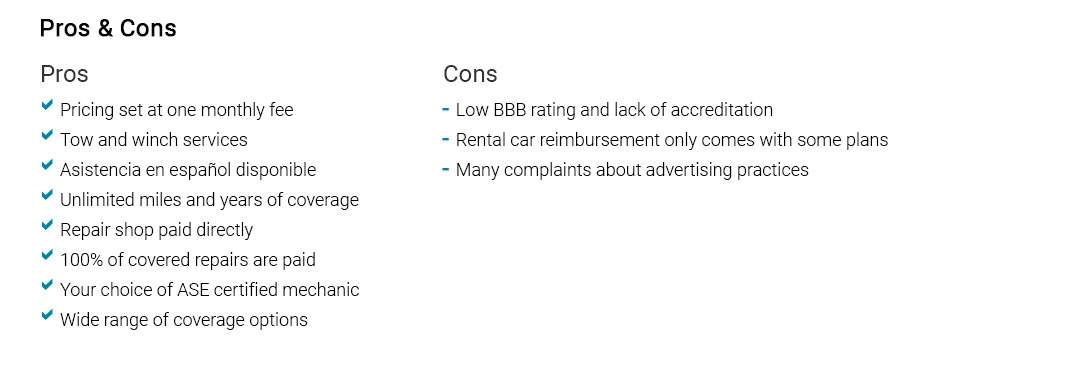 |
||||||
|
 |
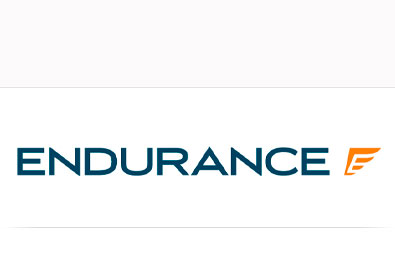 |
 |
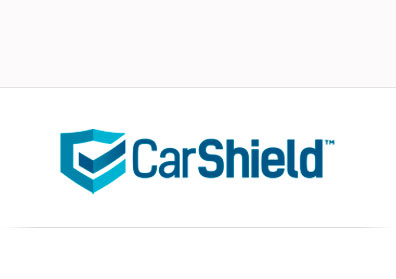 |
 |
 |
 |
|||
 |
 |
|||
 |
 |
Understanding Mechanical Warranties for Used CarsWhen considering the purchase of a used car, one of the paramount considerations is the mechanical warranty. This warranty serves as a safeguard against unexpected and often costly repairs, providing peace of mind to the buyer. But what exactly does a mechanical warranty entail, and how can one navigate the myriad options available? Allow me to elucidate this complex yet crucial topic. What is a Mechanical Warranty? A mechanical warranty, sometimes referred to as an extended service contract, is essentially a promise to cover the cost of certain repairs and replacements beyond the original manufacturer's warranty. While the specifics can vary widely, most warranties cover essential components such as the engine, transmission, and drivetrain. Some may even extend to cover electrical systems, air conditioning, and other ancillary parts. Types of Warranties There are typically two main types of mechanical warranties for used cars: dealer-provided and third-party warranties. Dealer-provided warranties are usually offered at the point of sale and can be tailored to the vehicle's specific needs, often integrated into the financing plan. On the other hand, third-party warranties are available from independent companies and offer a range of coverage options, which might include additional benefits such as roadside assistance or rental car reimbursement. Choosing the Right Warranty Selecting the appropriate mechanical warranty for your used car involves a careful assessment of several factors. First, consider the vehicle's age, mileage, and overall condition. A high-mileage vehicle might benefit more from comprehensive coverage. Also, think about your own driving habits and typical usage. If you're someone who frequently embarks on long road trips, a warranty with extensive coverage could be more beneficial. Benefits and Limitations The primary advantage of a mechanical warranty is financial protection. Unexpected repairs can be exorbitant, and a warranty can mitigate these costs significantly. However, it's important to read the fine print. Many warranties come with exclusions, such as wear-and-tear items like brakes and tires, and often require regular maintenance as per the manufacturer's guidelines to remain valid. Expert Tips Here are a few tips for making an informed decision:
Final Thoughts Investing in a mechanical warranty for a used car can be a wise decision, but it's crucial to approach it with a critical eye. By thoroughly understanding what is covered and weighing the potential benefits against the costs, you can secure a warranty that not only fits your budget but also provides the coverage you need. Ultimately, the right mechanical warranty can offer not just financial protection, but also a smoother, more enjoyable driving experience. https://www.enterprisecarsales.com/used-car-faqs/warranties-add-ons/
Every vehicle purchased from Enterprise Car Sales comes with: 12-Month/12,000 Mile Limited Powertrain Warranty , which comes with every car purchase, covers ... https://www.nationwide.com/lc/resources/auto-insurance/articles/choosing-car-warranty
These vehicles usually undergo a mechanical inspection that often includes refurbishments and minor repairs. Certified pre-owned vehicles may also extend the ... https://www.hertzcarsales.com/hertz-warranty.htm
Learn more about the Hertz 12-month/12000-mile limited powertrain warranty. We also offer additional vehicle protection plans for added comfort.
|



